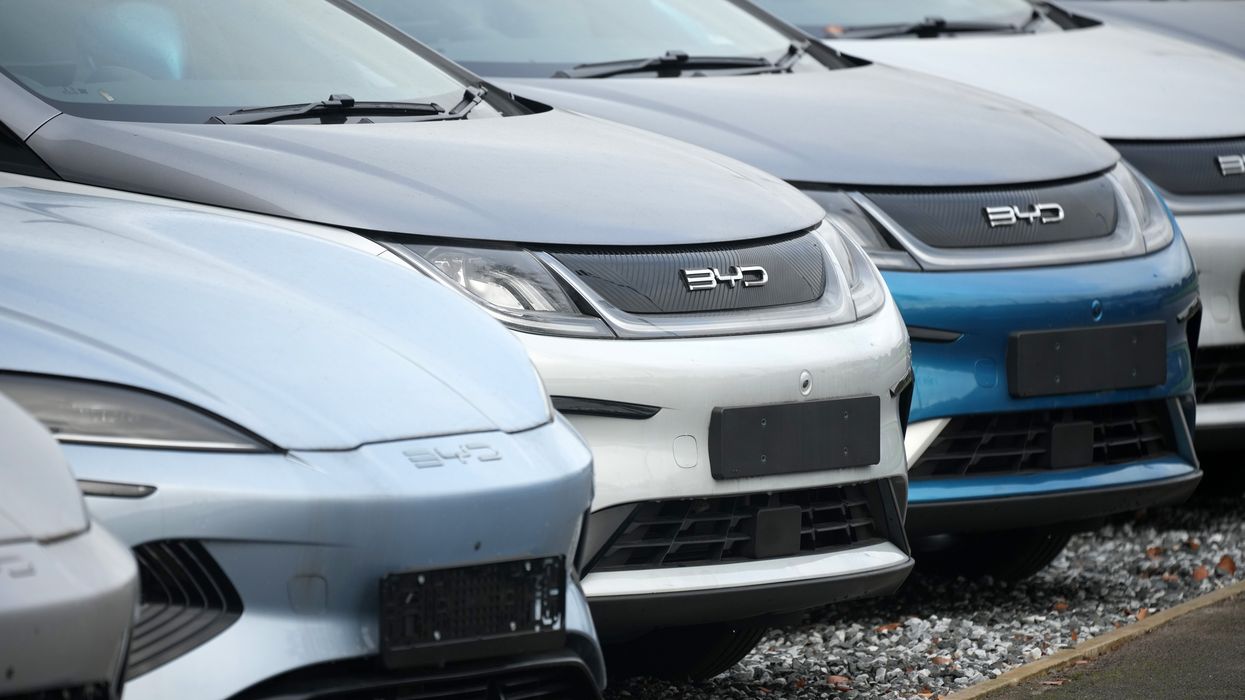Chinese electric vehicle (EV) maker BYD has introduced a new charging system that promises to revolutionise the way drivers recharge their cars. The new platform claims to match the time it takes to refill a petrol vehicle, significantly reducing the waiting time traditionally associated with EV charging. This breakthrough could mark a turning point for the global electric vehicle market, increasing the appeal of EVs and accelerating the transition away from petrol and diesel cars.
At a live-streamed event in Shenzhen, BYD founder Wang Chuanfu revealed the details of the company's latest development, a super-fast charging system capable of peak speeds of 1,000 kilowatts (kW). This new technology can give vehicles a range of 400 kilometres (249 miles) after just a five-minute charge, a substantial leap forward compared to current offerings. For comparison, Tesla's superchargers, one of the fastest options available, offer speeds of up to 500 kW, making BYD's system twice as fast.
This announcement is not only significant for BYD but also for the entire electric vehicle industry, where charging speed is often cited as one of the biggest concerns for potential buyers. With the introduction of this system, BYD aims to eliminate what it calls "charging anxiety" and make EVs more convenient for everyday use.
BYD takes aim at Tesla’s dominance
BYD's unveiling of its ultra-fast charging platform could not have come at a worse time for Tesla, which is facing numerous challenges. The American EV giant has seen its stock value fall dramatically in recent months. After peaking at $1.5 trillion in December, Tesla’s market valuation has been halved as investors grow frustrated with missed targets and unmet promises, particularly in the area of autonomous vehicle development.
Adding to Tesla’s woes, CEO Elon Musk’s controversial political views and involvement in right-wing causes, especially in Europe, have further alienated a segment of the company’s customer base. The company's stock took a 15% plunge on 10 March alone, amid growing concerns over its long-term prospects. Musk’s decision to reduce Tesla’s federal workforce through his involvement with the Trump administration has also sparked backlash.
BYD’s new charging system and expansion plans are likely to intensify the pressure on Tesla. The competition between the two companies is heating up, particularly in China, the world’s largest EV market. Tesla has had a presence in China since 2014, offering its superchargers to customers, but BYD and other Chinese competitors such as Nio, Li Auto, Xpeng, and Zeekr have been rapidly catching up, building their own charging infrastructure and launching innovative new models at more affordable prices.
The future of EV charging infrastructure in China
For BYD, the launch of this new system is just the beginning. The company announced plans to roll out a comprehensive charging network across China, which will feature more than 4,000 ultra-fast charging units. The system will first be available on two of BYD's upcoming models, the Han L saloon and the Tang L SUV, which are set to be priced at 270,000 yuan (£27,000). This move marks the first time that BYD has committed to building its own network of charging stations, a crucial step in reducing dependency on third-party operators and other automakers' facilities.
While BYD has relied heavily on plug-in hybrid vehicles for its impressive sales figures, which reached 4.2 million units last year, the company is increasingly focusing on fully electric vehicles. It has set a target to sell between 5 and 6 million units in 2025. With the new super-fast charging system, BYD hopes to convince even more drivers to make the switch to EVs by eliminating one of the major hurdles: the time it takes to recharge.
Competition heats up in the global EV market
BYD’s advancements come at a time when competition in the electric vehicle market is fiercer than ever. As governments around the world push for more stringent emissions regulations and offer incentives for cleaner vehicles, traditional automakers and newer entrants are all vying for a share of the booming EV market. The development of fast-charging infrastructure has become a key battleground, with companies racing to build networks that will support the next generation of electric cars.
For BYD, the introduction of its 1,000 kW charging system could be a game changer, allowing it to compete with Tesla on equal footing in terms of charging convenience. Tesla, meanwhile, will likely need to respond with further innovation if it wants to maintain its dominant position in the EV industry.
As more players enter the market, consumers are likely to benefit from faster charging times, more affordable models, and improved infrastructure, bringing the world closer to a future where electric vehicles are the norm, not the exception.





